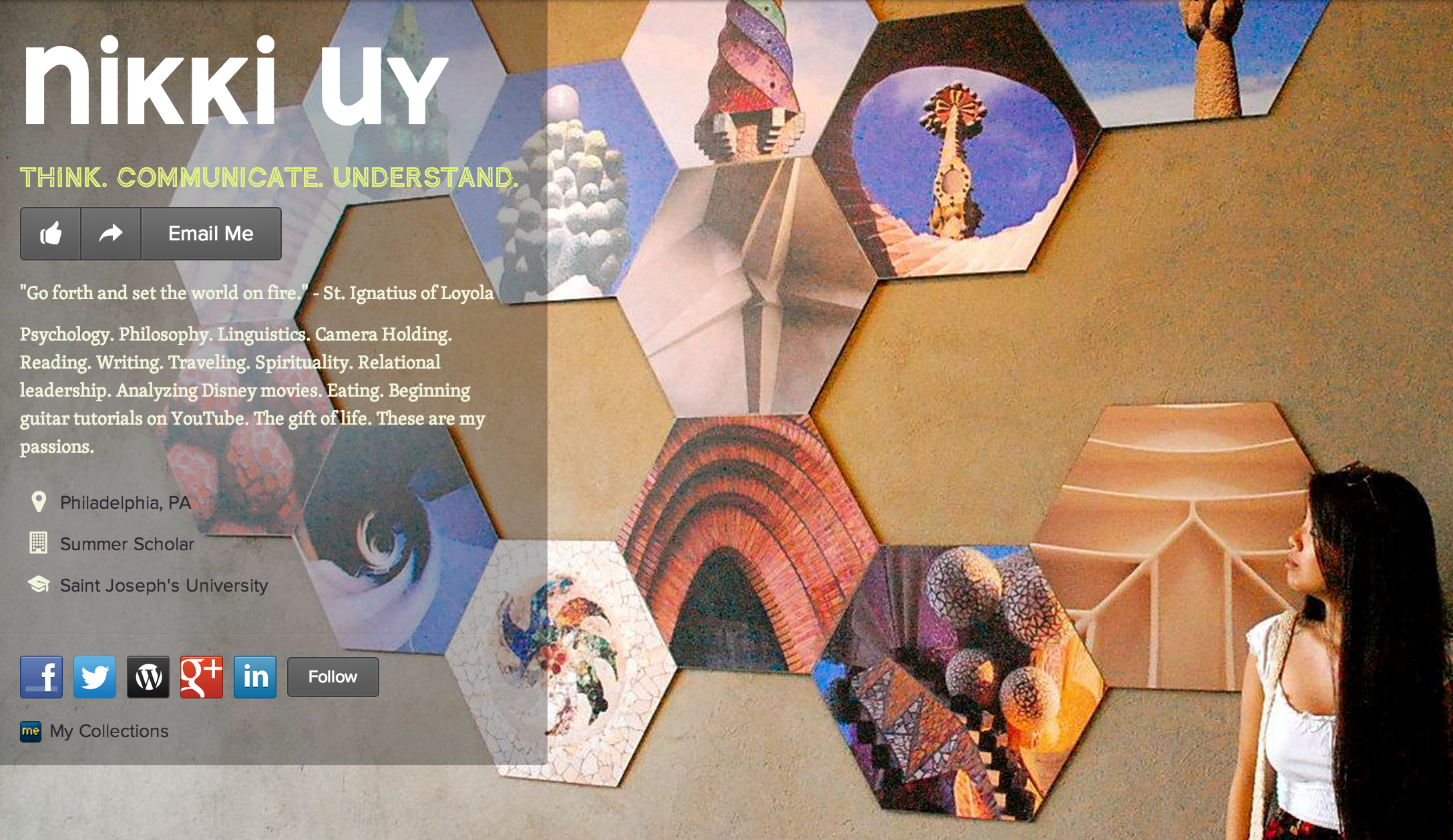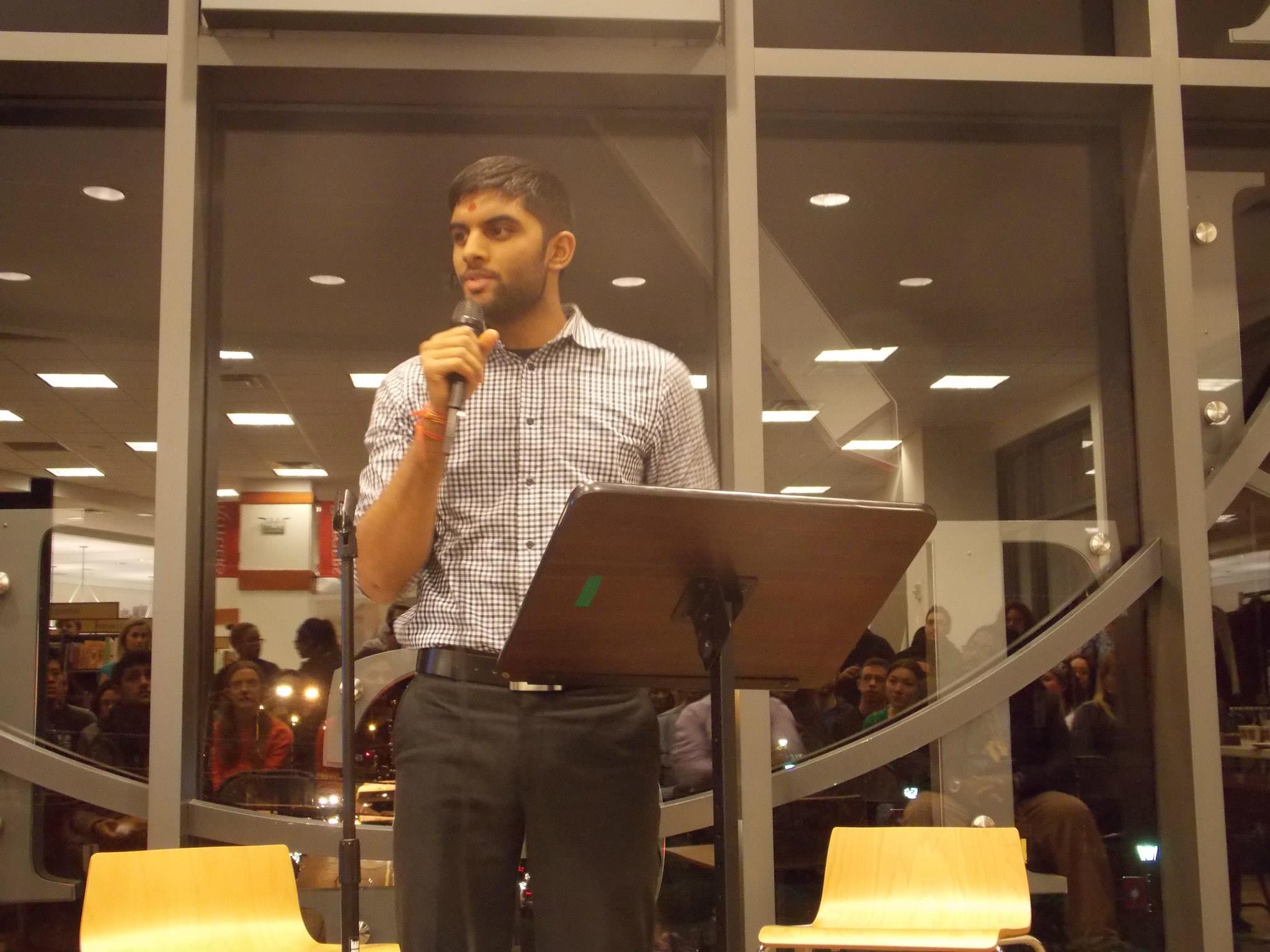 Hi everyone, Amma Marfo here. Two quick things about me that you’ll need to know before we begin:
(1) I am a reader. I am a library-loving, constant tome-carrying, unapologetic bibliophile.
(2) If there’s anyone you will meet who can connect what she’s reading to the world around her, it’s me.
As such, I want to dedicate my time in this space to sharing with you what I’m reading, and how it could inform a budding professional’s daily life.
Hi everyone, Amma Marfo here. Two quick things about me that you’ll need to know before we begin:
(1) I am a reader. I am a library-loving, constant tome-carrying, unapologetic bibliophile.
(2) If there’s anyone you will meet who can connect what she’s reading to the world around her, it’s me.
As such, I want to dedicate my time in this space to sharing with you what I’m reading, and how it could inform a budding professional’s daily life.
Confession Time: I wasn't very good at my first job.
Sure, I was competent...most of the time. When I started my career, I built good relationships and worked hard to get better in the areas where I struggled. By the time I left, I knew what my next steps needed to be and even though it was hard, I am thankful for the decisions that followed.
But I also wasn't very good because I wasn't myself. I didn't know how to be. At 22 years old, working at a community college advising students my own age, older, or much much older (I had a student senator in her sixties!), I sacrificed being myself for being professional, businesslike, and appearing knowledgeable. It felt wrong at the time- to borrow a quote from the 1989 John Cusack film Say Anything that a friend reminded me of earlier this week, "You used to be fun. You used to be warped and twisted and hilarious... and I mean that in the best way - I mean it as a compliment!"
Many of the students and colleagues that I work with now would never doubt those qualities in me, something that I'm proud of. But I didn't realize until I finished this month's read, Peter McGraw and Joel Warner's The Humor Code: A Global Search for What Makes Things Funny, just how far I'm come when it comes to bringing my sense of humor to work.
I have to say, being funny at the office is far from an easy proposition. Comedian and writer Mike Birbiglia talks about the challenges of cultivating a sense of humor that balances enjoyment with tastefulness, noting, "Jokes have been ruined by people who aren't funny." And he's absolutely right. Think about all the Human Resources-mandated apologies, the Tweets of contrition, and the press releases that we see when a funny comment goes wrong. I won't go into McGraw and Warner's scientific strategy on this here, but I have written about it elsewhere if you're interested in learning more. Bottom line: being amusing without being a jerk can be hard.
McGraw and Warner travel around the world- to Montreal for a comedy festival, to New York to work with cartoonists and advertising agents, to the Palestine to see how humor works in times of crisis (I finished this book two days before the recent unrest began), and to South America to see how humor keeps people healthy. Along the way, they learned several lessons about what is funny, and how these lessons can help you be funny in your own life.
From Japan: Know your audience. Did you know that America produces fewer comedy films now than in previous years because the humor doesn't translate to profit overseas? If your audience is varied in their sense of humor or understanding, your approach has to adapt too. There is no one way to get (most) projects done, no one way to lead, no one way to make people laugh. There are nearly as many approaches as there are people in the world, and it will benefit you enormously to take the time to learn. It may take a week, or it may take a year, but take the time to familiarize yourself with your surroundings. Get to know the people you'll be working with, the priorities of your bosses and leadership, and the culture of your office or department. Your efforts to succeed, contribute, and laugh will go over far better once you have a good handle on the context in which you're working.
From New York: if you can't be "ha-ha" funny, be "a-ha" funny! Some of you may say, "I'm not funny" or "I don't want to be funny at work!" That's okay. However, you may still have the chance to be the "a-ha" person; don't pass up that opportunity! Even when you're new to an organization or office, you have insights that you can share. It can be intimidating at times to speak up, especially when your team is comprised of older or more experienced professionals. But as an adopted New Yorker (Tina Fey) says in her book Bossypants, "It's your responsibility to contribute [...] Your initiations are worthwhile." When you hit upon just the right idea, the smile may not be one of amusement; it might instead be one of pride or excitement. Those smiles are just as necessary in the day-to-day, so don't be afraid to voice any idea that might result in one!
From Tanzania: Don't be afraid to chuckle at yourself. This is an important one. Being the new guy or girl, being the newest to an office, or taking on a new role can be daunting. And we all, no matter our age or level of experience, can start to doubt ourselves or be nervous about making a good impression because of that. But you're going to have moments where you can only laugh. Whether it's because you've done something silly, because you can't believe your good fortune, or because the alternative is crying or screaming, take a moment to find the lighter side and laugh. In my first role, I had reasons to laugh that fit all of those descriptions (everything from misordered promotional items to a screaming fight with a faculty member). And it was harder work to laugh at some of them than others, but ultimately finding the levity in those moments got me through them.
From Los Angeles: Be honest and authentic. This advice comes up a lot, in everything from interviewing to speaking up in meetings, and it's no less true when it comes to expressing your funny or silly side. We all know what trying to be funny looks like and sounds like; these efforts rarely succeed. Think about the moments in life that make you laugh- the daily commute, text messages from friends, your reaction to something you read or saw on TV. Just as this site, and indeed your life, is about finding your niche, so it goes for your sense of humor. If you're going to tell a joke or share a funny quip, make sure it makes you laugh first. If not, don't bother. Someone else can make that joke sing.
Even with all the advice given above, I want to end this post with the advice shared by Peter McGraw, whose desire to create an academic formula to predict humor (I want to teach that!) fueled this whole worldwide search:
Surround yourself with the people and things that make you laugh. Seek out interesting places and interesting people. Focus on the friends that make you laugh, not the ones who bring you down. Choose as a partner someone with whom you share a sense of humor, someone who helps you see the lighter side of life [...] And maybe it's cliched, but remind yourself that everything is going to be okay. That thing that seems so scary in the moment, so catastrophic and worrisome, is only scary because you're paying so much attention to it. It's okay to complain, but add a bit of wit to your grumbling.

















